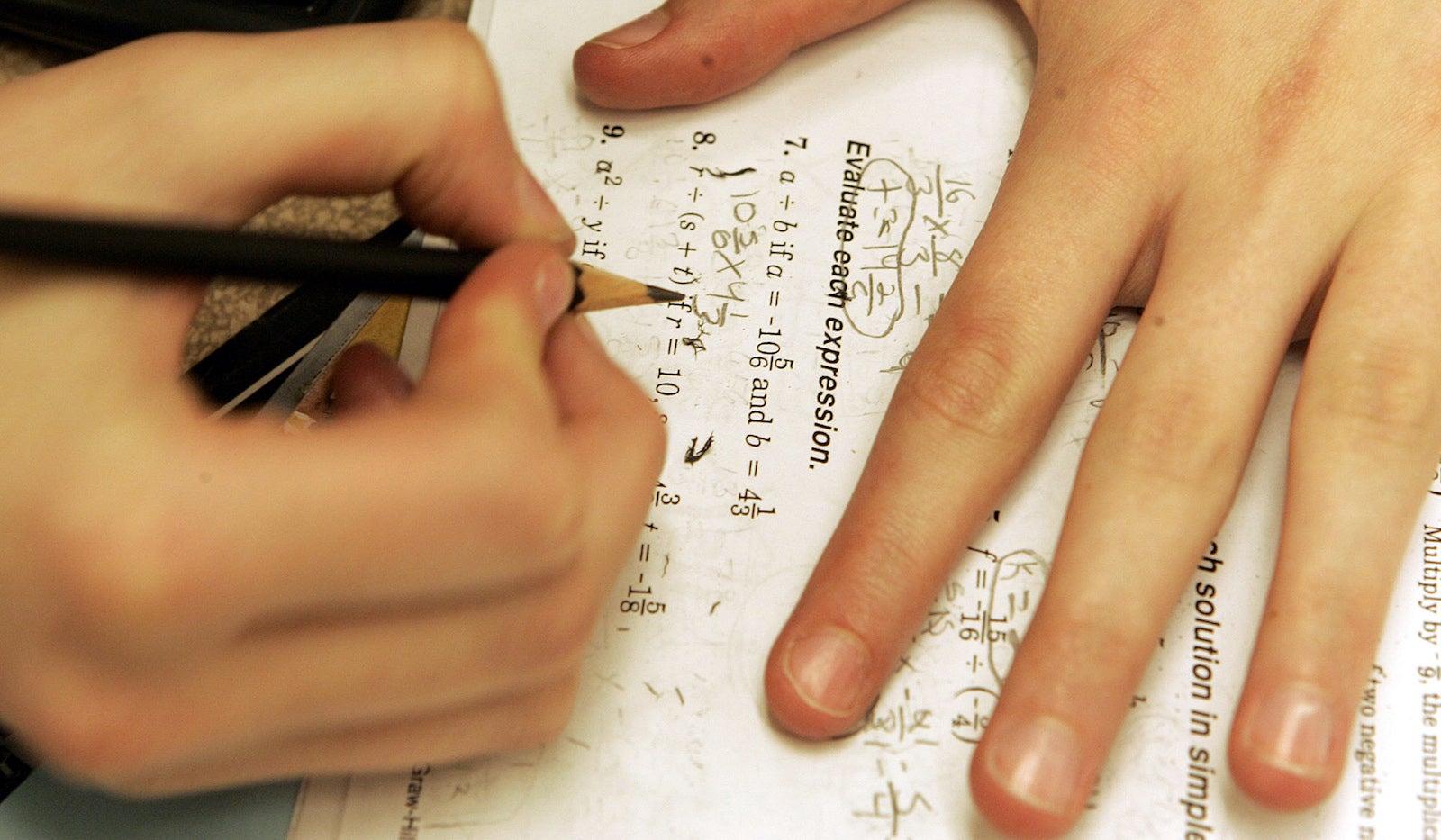To win the International Math Olympiad, the US team trained with its rivals
You know the old aphorism: “If you can’t beat ’em, join ’em.”


You know the old aphorism: “If you can’t beat ’em, join ’em.”
For the team of US high schoolers that won first place at the International Mathematical Olympiad in Hong Kong last week—America’s second consecutive victory at the prestigious problem-solving contest—a slightly tweaked version of that philosophy brought home the gold. To hone their skills, the six-person US team, which was carefully selected by the Mathematical Association of America from a pool of hundreds of thousands, invited 10 competing students from other countries to join in on their pre-contest prep. Essentially, the high schoolers trained themselves… by training their competition.
Po-Shen Loh, the team’s coach and a Carnegie Mellon professor, explained the unusual strategy in a recent interview with the New York Times:
It’s counterintuitive. First, bringing in the international students gives the top US students peers. They always tell you—if you’re the smartest guy in the room, you’re in the wrong room. So we bring in these peers, who are actually at the same level as these top six. Of course that increases the level.
Secondly, when the students come to the IMO, there’s no culture shock. You’ve suddenly landed and you look over there—oh my goodness, there’s the South Koreans, there’s the Chinese, there’s the Singaporeans, these guys must be amazingly good. I remember when I went to the IMO that was exactly the experience I had. But if you train together, you’ve already been in this international experience for the prior three and a half weeks.
The collaborative training experience was ”such a success” that next year the US team will invite 30 more international competitors to join its three-week training program, in which students crunch complex math problems together in limited periods of time.
Judging by the US team’s winning streak, the strategy seems to be working tremendously so far—and it certainly speaks to the power of nontraditional learning styles.